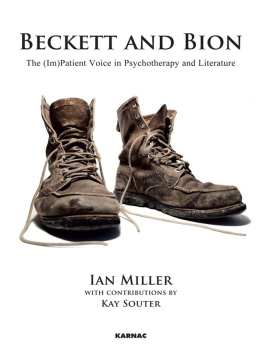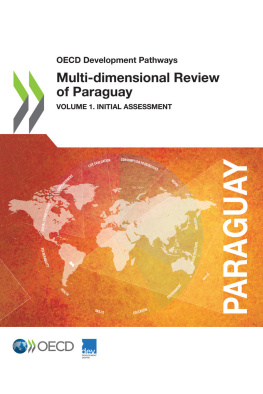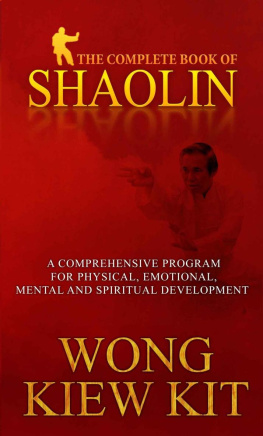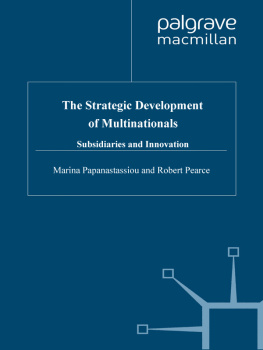LECTURE.
Mr. President, Ladies and Gentlemen:
We have met together to consider the best methods of Educating, that is, drawing out, or developing the Human Nature common to all of us. Truly a subject not easy to be exhausted. For we all of us feel that the Human Nature,out of whose bosom has flowed all history, all science, all poetry, all art, all life in short,contains within itself far more than that which has hitherto been manifested through all the periods of its history, though that history dates from the creation of the world, and has already progressed as far as the nineteenth century of the Christian era. Yes! we all of us feel that the land of promise lies far away in the future, that the goal of human history is yet a long way off.
A large portion of this assembly consists of those whose business it is to study Human Nature in all its various forms, and who have taken upon themselves the task of developing that nature in the youth of America, in that rising generation whose duty it will be to carry out the nascent projects of reform in every department of human interest, and make the thought of to-day the fact of tomorrow.
Some doubtless there are among this number, who by very nature are born Teachers, called to this office, as by a voice from heaven! Men, who in spite of foolish detraction, or yet more foolish patronage, understand the dignity, the true nobility of their calling; who know that the office of the teacher is coval with the world; and also feel with true prophetic foresight, that the world, fifty years hence, will be very much what its Teachers intend, by God's blessing, to make it.
Brothers in a high calling! The speaker, proudly enrolling himself in the number of your noble band, greets you from his heart this day, and invites you to spend a thoughtful hour with him; and to help him, by your best wishes, to unfold in a manner not wholly unworthy of his theme, some small portion of the nature and method of Human Development.
Ours is the age of analysis. We begin to see that before we can understand a substance, it is necessary to become acquainted with all its component parts. Thus, then, with regard to Human Nature, we must understand all at least of its grand divisions, before we can comprehend the method of developing it as a whole.
Let us then say, that there are five grand divisions in Human Nature,the physical, the intellectual, the affectional, the moral, and the devotional,or in other words, that man has body, mind, heart, conscience, and soul.
Concerning these great divisions, I shall assert, first, that they are all mutually dependent upon each other; that if one of them suffer, all the others suffer with it; that man is dwarfed and incomplete, unless he is fully developed in all the five: and, secondly, as my special subject, I maintain that physical well-being, health of body, is therefore necessary not only to the complete development of Human Nature, but that it is also essential to a happy and harmonious development of each one of the four other great divisions of Human Nature; or in other words, I assert the body has something to do both with the mind, heart, conscience, and soul of man, not merely to all these collectively, but also to each of them separately.
First, then, I shall speak on the mutual dependence of the faculties.
Now, although it is not possible that any faculty should be so completely isolated, as to act without moving any of the rest at all; nevertheless, since a comparative isolation and separation of the faculties is but too common, let us glance through the history of the past, and mark any notable instances of such isolation; and if we find that a one-sided development has always proved a failure, we shall begin to discern the folly of trying such disastrous experiments over again, specially since they would have to be made upon living human beings, upon he young children of the rising generation, who cannot resent our folly, but whose distorted natures will be living proofs of our incapacity, of our impotence as educators, when the experiment tried for the thousand and first time fails yet again, as it always has done, and always will do to the world's end, while Human Nature remains the same.
Let us then take a few examples, which are not intended to stand the test of severe criticism, but which are only used as illustrations of the idea which we are now considering.
Let us then first suppose that the devotional element in man acts alone. The experiment has already been tried. Many a hermit in lonely cell or rocky cavern, has cut himself off from the society of men, from action, duty and love, in order that he may be devout without hindrance. How many such men have poured out their souls upon the ground, on barren sand or desert rock, souls which might have watered thousands with the dew of heaven, and all because they made one fatal life-mistake;they thought, that to pray always meant to be always saying prayers.
Who could be more devout than Saint Simeon Stylites? who spent all his life upon the top of a tall pillar, absorbed in contemplation, ecstasy, remorse and prayer. Let the poet speak for him.
"Bethink thee, Lord? while Thou and all the saints
Enjoy themselves in heaven, and men on earth
House in the shade of comfortable roofs,
Sit with their wives by fires, eat wholesome food
And wear warm clothes, and even beasts have stalls,
I, 'twixt the spring and downfal of the light
Bow down one thousand and two hundred times
To Christ, the Virgin Mother and the Saints:
Or in the night, after a little sleep,
I wake, the chill stars sparkle; I am wet
With drenching dews, or stiff with crackling frost,
I wear an undressed goatskin on my neck,
And in my weak, lean arms I lift the Cross,
And strive and wrestle with Thee till I die.
O mercy, mercy, wash away my sin!"
A mournful spectacle. Devotion excited to madness, while mind, heart, and conscience, all are dumb, and the poor weak body only bears the heavy burdens which the tyrannous soul heaps upon it!
Devotion, then, needs conscience. Conscience tells a man that he must act as well as pray. Devotion makes the great act of prayer. Conscience works out into the actual of every-day life, the ideal of which devotion has conceived. Will then devotion and conscience be sufficient for a noble manhood? Devotion and conscience alone developed, have ofttimes, in the days that are past, formed some stern old grand inquisitor, torturing the life out of human sinews because he ought. The grand inquisitor's devotion and conscience told him that he ought to advance the holy faith by every engine in his power, and therefore, as he considered that the rack, the thumbscrews, the rope, the fire and the faggot were the best possible engines, he used the same to the utmost of his ability; and thought, alas for humanity! that he was doing God service.








